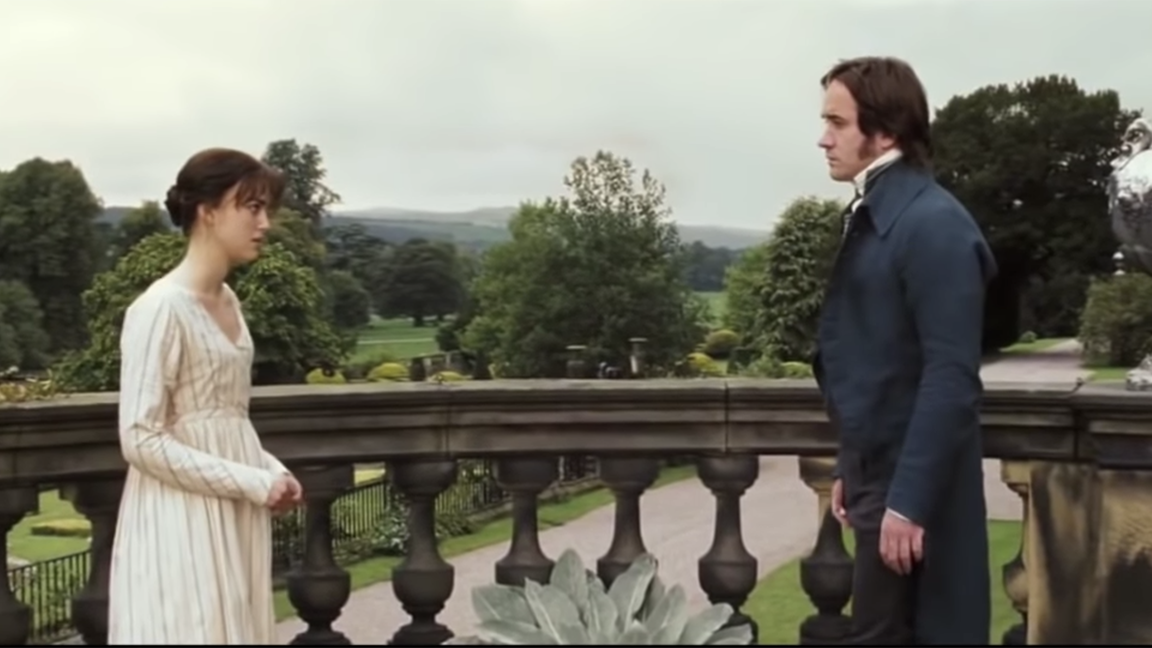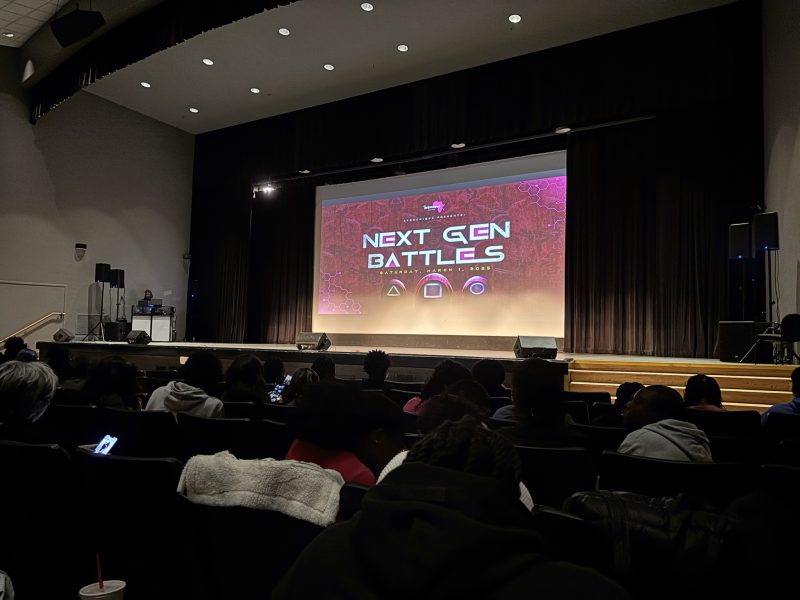What if Pride and Prejudice had magic in it? Or Black Widow didn’t die in Avengers: Endgame? Every piece of fiction has a million different possibilities, and fan fiction writers are working hard to bring those possibilities to life.
Fan fiction — original content that either spins off or is heavily influenced by an existing piece of fiction — has existed for a long time, fueled by popular sites such as Wattpad and fanfiction.net, which allow users to post, read and comment on different works.
It’s a vast category; fan fiction can include anything from novels to screenplays. Often, an original work that doesn’t quite hit the right notes for some individuals inspires fan fiction authors to revise it.
“When I don’t like something I kind of want to see what it could have been if I were the one to write it,” said Juan Morales, a senior English major at the University of Maryland. “That’s really what got me into it, for the most part, just fixing existing scripts that I didn’t really like the story of.”
[Get to know all things spiritual on the podcast ‘Your Magic’]
For example, Morales wasn’t a fan of 2015’s Avengers: Age of Ultron; so, he wrote a story where he altered plot arcs and fixed kinks in the story. Fan fiction provides him a kind of freedom to change a story to fit his personal preferences.
The same thing can also help add better representation to existing works. Many communities may not feel represented in their favorite stories, but fan fiction can change that.
“I feel like LGBT fans in general really like the fact that they can tailor the canon to their own needs,” said Amy Zhong, a sophomore English and secondary education major at this university. Zhong, who writes on a site called Archive of Our Own (also known as AO3), noticed that many works are male-dominated.
“Content with women seems to not be as heavily represented,” Zhong said. “But, there is that sense of getting to cater the plot to what you want.”
Fan fiction is also a great way to form a community around an admired piece of work, Zhong said. Whether it be through Discord servers or a club, authors and creatives can get together to discuss and brainstorm ideas about pieces they are working on.
[UMD’s Erasable Inc. improv group adapts to virtual environment amid COVID restrictions]
“I feel like the specific bond between people that help each other write them, beta them and gift them is just really unique,” Zhong said.
These communities can bring fans together, or even allow for mentorship opportunities. Kara Pleasants, an alumna of this university, felt the power of the community at a young age.
“Even at age 12 people were very supportive,” Pleasants said. “There was a woman who became my beta reader, and I would send her stuff and she would help me edit it.”
Pleasants is also an example of how far fan fiction can go. Her Pride and Prejudice-inspired novel Disenchanted was published after an indie publisher read some of her fan fiction on Derbyshire Writers’ Guild, a website dedicated to Jane Austen fan fiction. Although fan fiction is often seen as a hobby, Pleasants said, she hopes that it will soon be regarded with the same respect as other types of writing.
“Fan fiction writers should embrace the reality that they are writers with rich creative potential,” she said. “It’s kind of exciting that this is an area that is getting more publishing and more recognition.”



